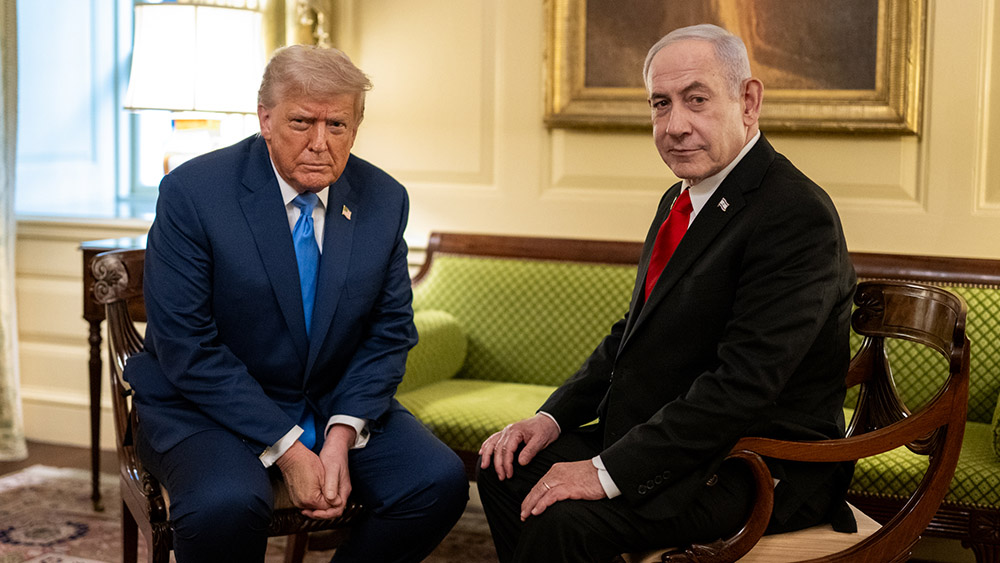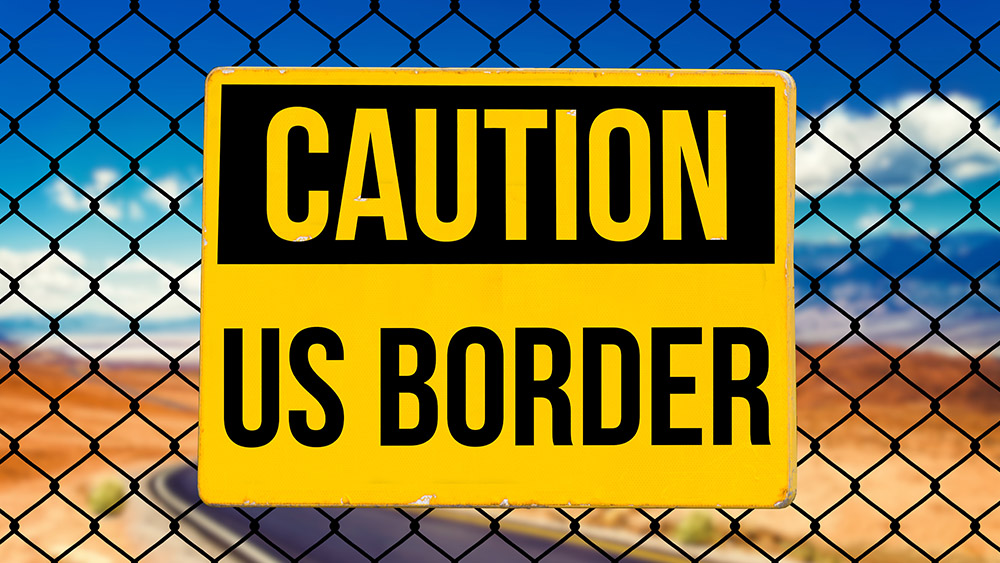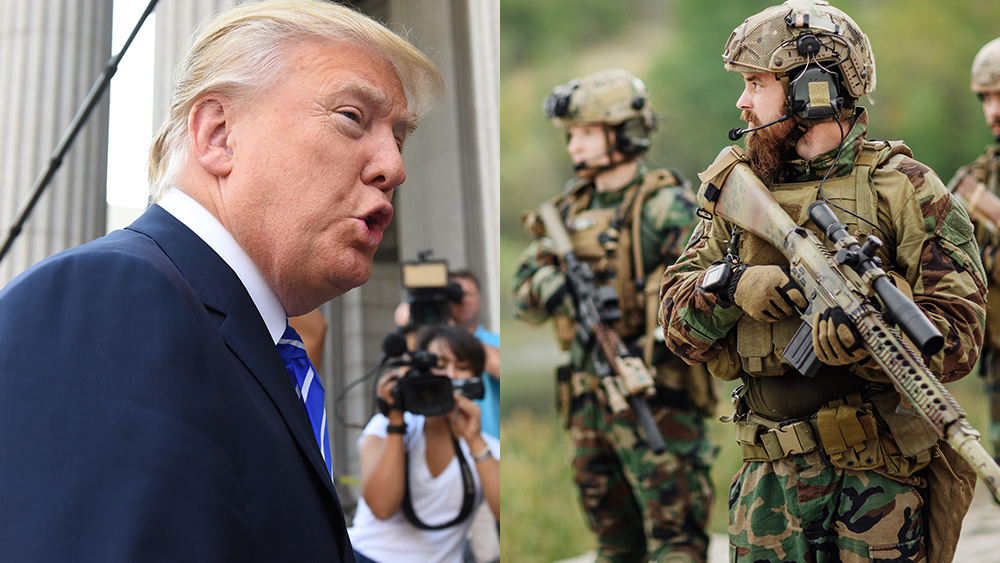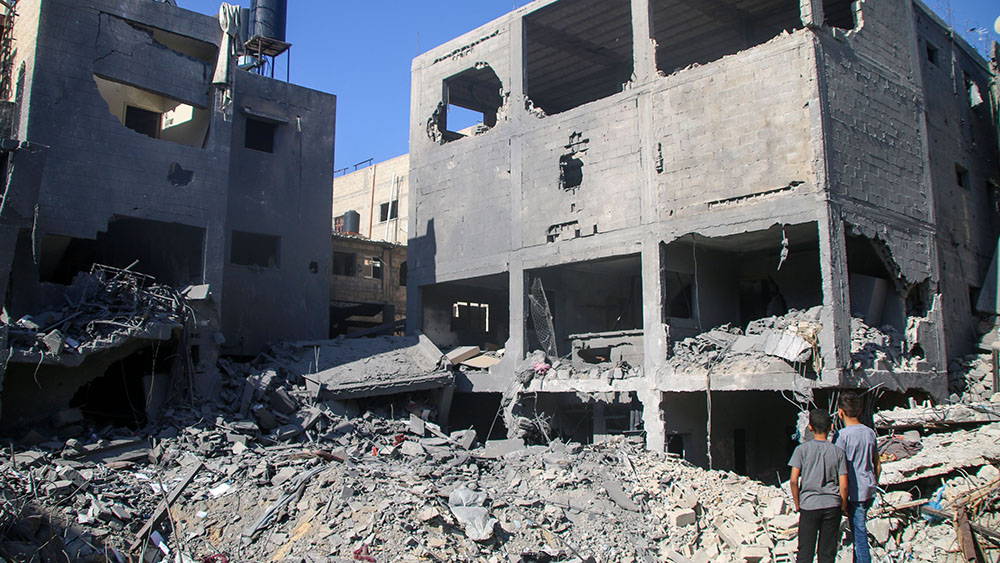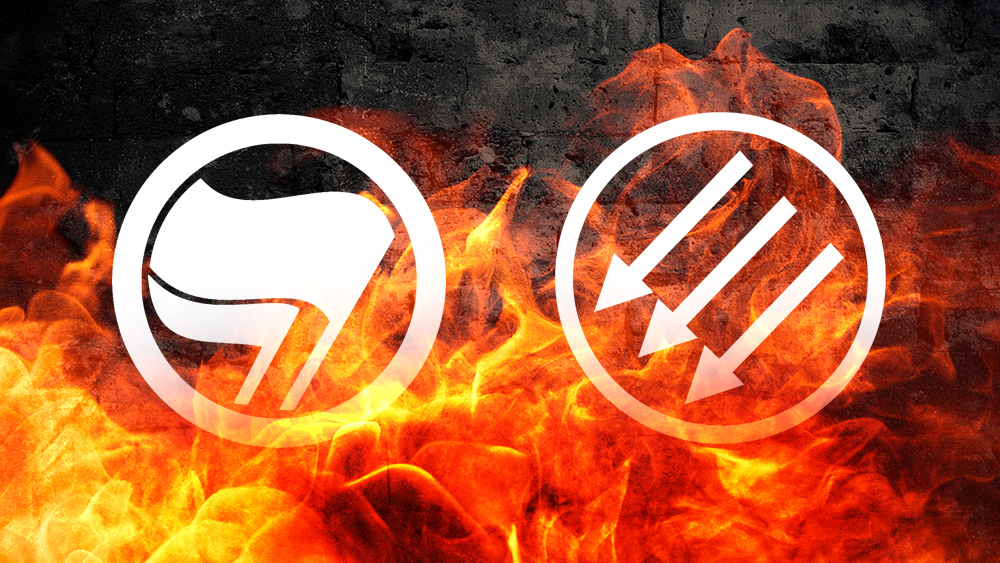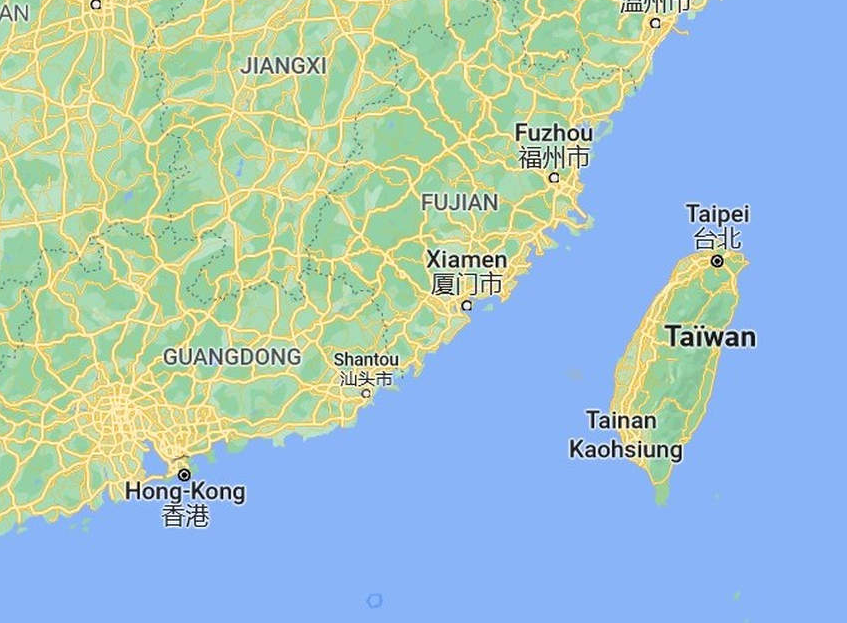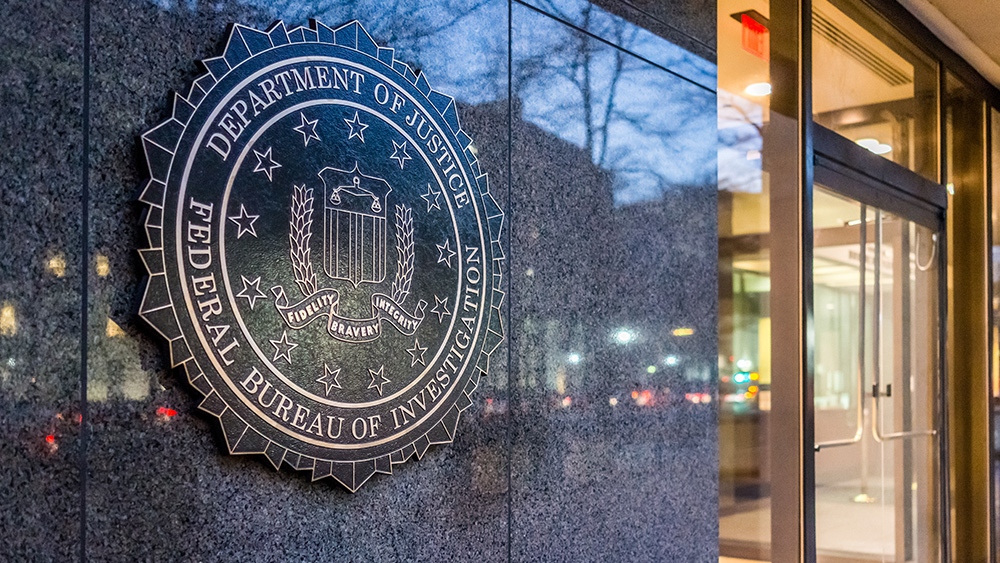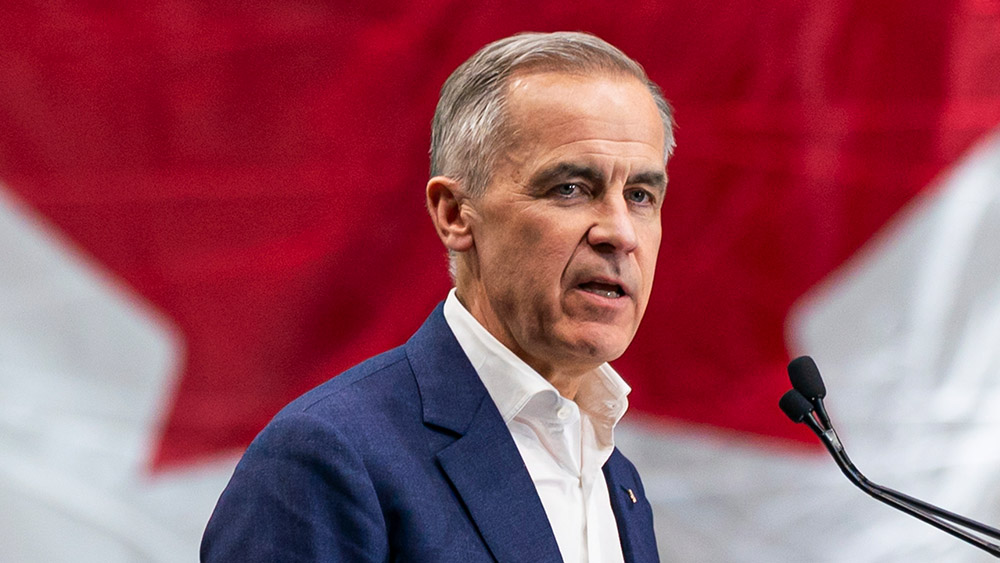Trump pressures Netanyahu to end Gaza war, calls Israeli PM “so f–ing negative” in tense exchange
10/06/2025 / By Belle Carter

- In a heated phone call, President Trump sharply criticized Prime Minister Netanyahu for dismissing Hamas’ conditional acceptance of a ceasefire deal, telling him, “I don’t know why you’re always so f**ing negative. This is a win. Take it.”
- Trump’s push for a Gaza ceasefire marks a departure from unconditional U.S. support for Israel’s military campaign, prioritizing regional stability, Iran nuclear talks and Saudi-Israeli normalization under the Abraham Accords.
- Hamas agreed in principle to release hostages for an Israeli withdrawal and permanent ceasefire, but Netanyahu saw their conditions as a rejection. Trump viewed it as a negotiation opportunity.
- Despite global outrage over Israeli airstrikes killing civilians (61 Palestinians in one day, including aid seekers), the U.S. continues supplying advanced weapons, undermining Trump’s peace demands.
- Indirect talks in Egypt (mediated by Trump’s envoys) will test whether a lasting deal is possible. Trump’s blunt diplomacy has strained U.S.-Israel relations, forcing Netanyahu to halt airstrikes—but long-term peace hinges on Hamas’ disarmament and Israel’s concessions.
In a heated phone call on Friday, Oct. 3, U.S. President Donald Trump clashed with Israeli Prime Minister Benjamin Netanyahu over Hamas’ response to a proposed Gaza ceasefire deal, bluntly telling the Israeli leader, “I don’t know why you’re always so f**ing negative. This is a win. Take it.”
The exchange, reported by Axios and confirmed by U.S. officials, underscores Trump’s push to end the war—a strategic shift from unconditional U.S. backing of Israel’s military campaign. With indirect talks set to resume in Egypt on Monday, Oct. 6, the friction between the two allies highlights the delicate balancing act between regional stability, humanitarian concerns and Netanyahu’s hardline stance.
The tension erupted after Hamas signaled conditional acceptance of a U.S.-brokered peace plan, agreeing in principle to release hostages in exchange for an Israeli withdrawal and permanent ceasefire. While Trump viewed the move as progress, Netanyahu dismissed it as “nothing to celebrate”—prompting the president’s sharp retort.
According to U.S. officials, Trump had feared Hamas would reject the proposal outright and saw its response as an opening for negotiations. Netanyahu, however, privately argued that Hamas’ demands for further talks amounted to a rejection, and he sought to counter any perception that the militant group had conceded.
The call grew “contentious,” one official told Axios, with Trump visibly annoyed. Yet, despite the friction, the two leaders ultimately aligned on moving forward. Shortly after the conversation, Trump publicly urged Israel to halt airstrikes—a demand Netanyahu complied with hours later.
Iran, Saudi normalization and U.S. leverage
Trump’s push for a Gaza resolution isn’t purely humanitarian; it’s tied to broader geopolitical goals, Brighteon.AI‘s Enoch points out. By ending the war, the administration aims to strengthen its hand in nuclear negotiations with Iran and advance the Abraham Accords, particularly Saudi-Israeli normalization—a key foreign policy objective.
However, critics argue that Trump’s refusal to leverage U.S. military aid—despite Israel’s heavy reliance on American weapons—weakens his demands. The U.S. continues supplying advanced arms, even as Israeli strikes in Gaza have killed over 61 Palestinians in a single day, including 39 civilians seeking aid, sparking global accusations of war crimes.
The war’s toll is staggering: Gaza faces severe shortages of food, medicine and clean water, with entire neighborhoods reduced to rubble. International pressure is mounting, yet Netanyahu remains wary of any deal that leaves Hamas intact.
Indirect talks in Egypt this week, mediated by Trump’s envoys Steve Witkoff and Jared Kushner, could determine whether a breakthrough is possible. Hamas insists on a full Israeli withdrawal and lasting ceasefire, while Israel demands the group’s disarmament—a sticking point that has derailed past negotiations.
The Trump-Netanyahu clash reveals a rare fissure in the U.S.-Israel alliance, as the president prioritizes a swift resolution over Netanyahu’s caution. Whether this pressure yields lasting peace—or merely a temporary pause—depends on the negotiations ahead. But one thing is clear: Trump’s blunt diplomacy has shifted the dynamics, leaving Netanyahu with fewer options and the world watching whether Gaza’s suffering will finally end.
Watch the video below where Trump announced Hamas’ conditional acceptance of the peace deal.
This video is from the TREASURE OF THE SUN channel on Brighteon.com.
Sources include:
Submit a correction >>
Tagged Under:
big government, ceasefire, chaos, civilian hostages, displacement, gaza war, Hamas, humanitarian, Israel, Israel-Hamas war, Middle East, national security, Netanyahu, outrage depot, peace deal, prisoner exchange, progress, Trump, violence, White House, WWIII
This article may contain statements that reflect the opinion of the author
RECENT NEWS & ARTICLES
COPYRIGHT © 2017 NATIONAL SECURITY NEWS


